We stuffed Carlos Ghosn in 3-foot box to escape Japan: He owes us $1M
Carlos Ghosn, once known as the Cost Killer, famously revived failing automotive companies. Then, in 2018, he got arrested in Tokyo.
One year later, he might as well have been nicknamed the Escape Artist, being smuggled out of the country stuffed into a music equipment case by a special forces veteran; the improbable plot actually succeeded.
Ultimately, though, the multi-millionaire is alleged to have left his bust-out accomplices high, dry and behind bars.
“Most people will not remember [Ghosn’s business skills],” Sean McLain, co-author of “Boundless,” on which the new documentary “Wanted: The Escape of Carlos Ghosn” (dropping August 25 on Apple TV+) is based, told The Post. “What they will remember is how he smuggled himself out of Japan.”
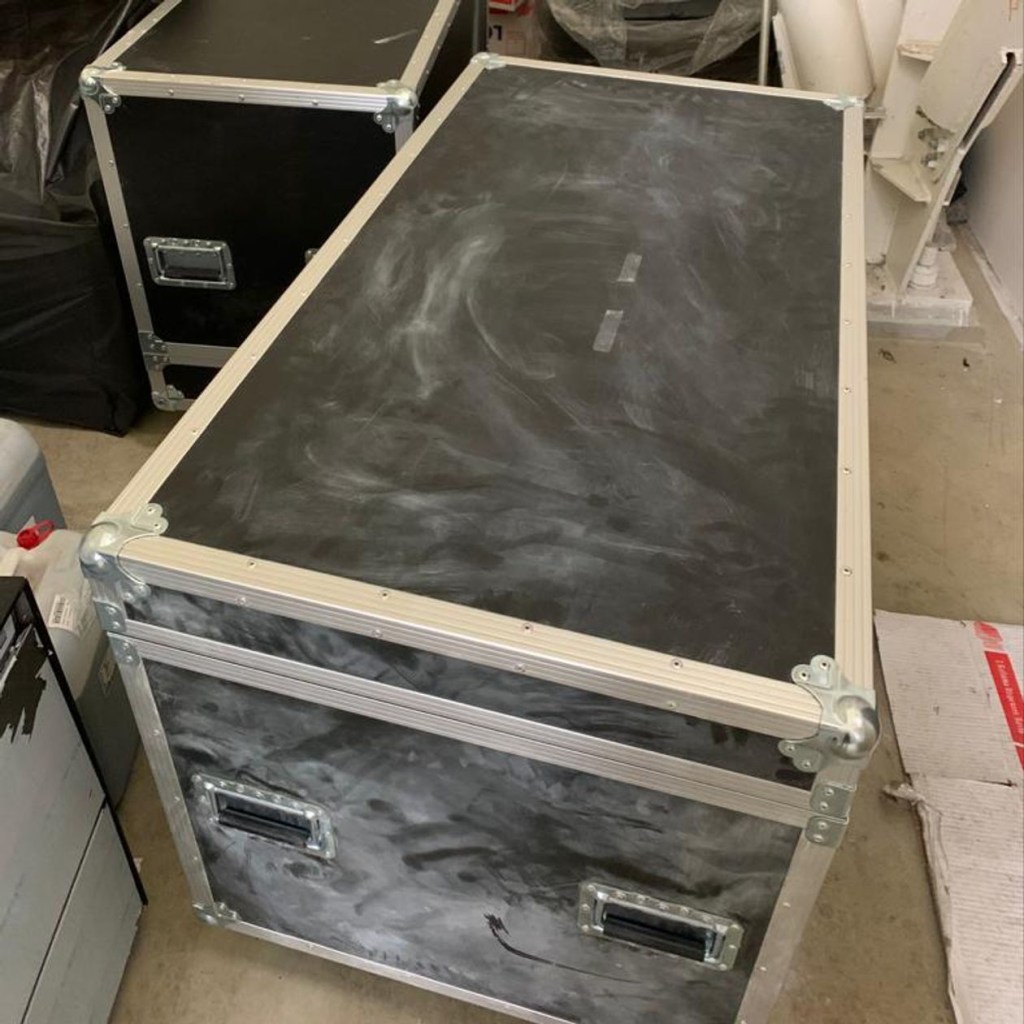
After pulling a turnaround for the French carmaker Renault and achieving the same for on-the-skids Nissan, Ghosn became a hero in Japan.
He got named one of the men with whom Japanese women would most like to have a baby. He came to look the part: losing his nerdy glasses, getting good haircuts, wearing slim fitting suits.
But, after taking a 50 percent pay cut (bringing his Nissan salary down to some $10 million), Ghosn was accused of financial improprieties.
“If the allegations against him are true, he took $50 million [from Nissan],” said McLain. “Carlos was one of the most prominent auto executives of our generation. He risked his legacy over money.”
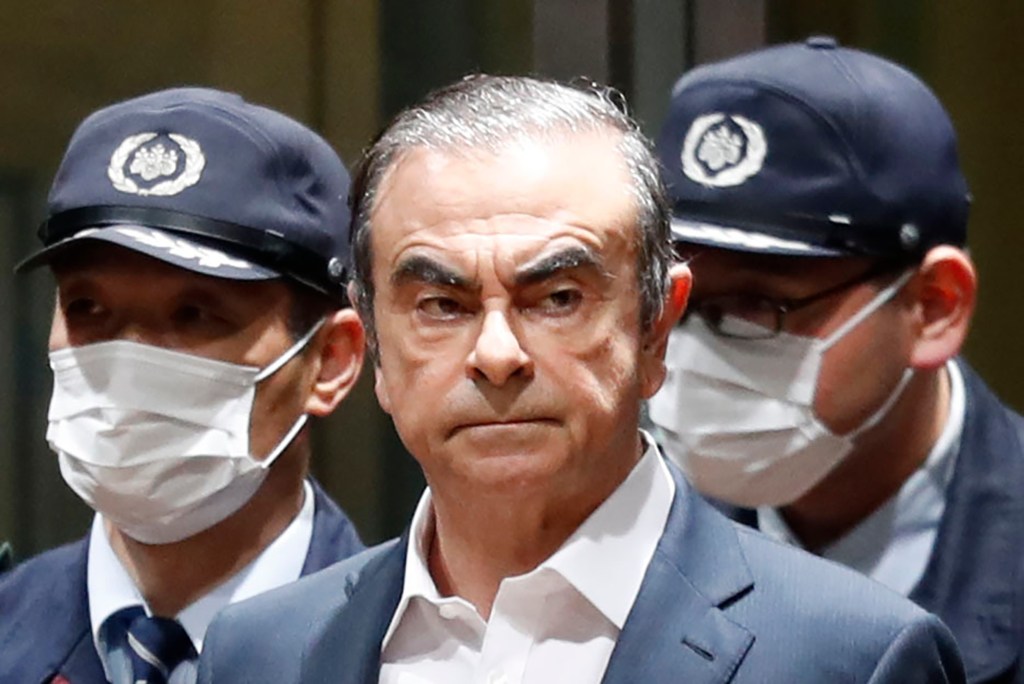
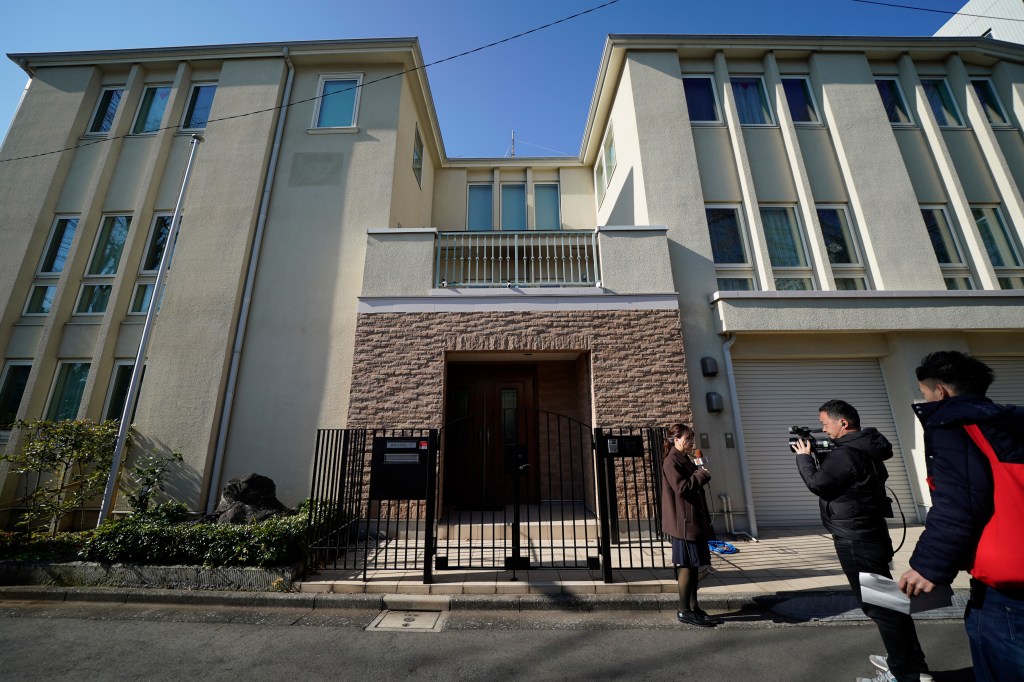
Ghosn insisted that Nissan initiated a plot against him. Japanese authorities arrested Ghosn on November 19, 2018, at a Tokyo airport, as he attempted to enter the country.
Lebanese-born and deeply connected, Ghosn went in and out of jail twice, cumulatively spending more than $10 million to cover his bail.
Among the conditions: He was forbidden from communicating with his wife. Security guards monitored his comings and goings.
This arrangement did not fly for Ghosn. He feared a guilty verdict or years in litigation limbo.
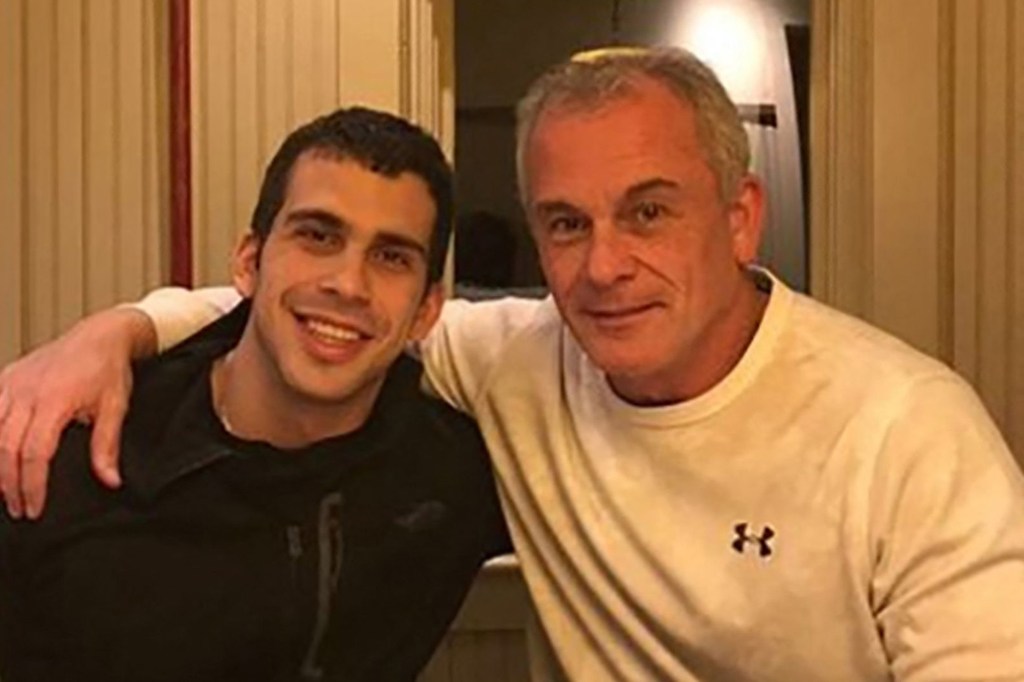
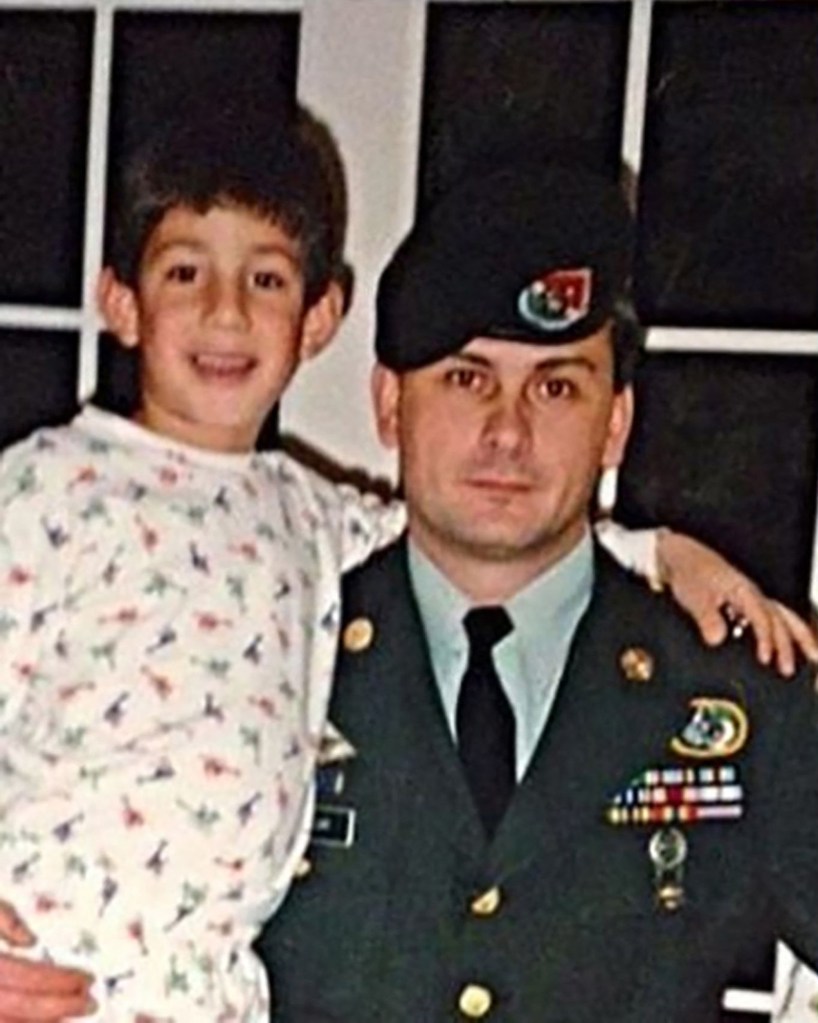
Through family contacts, Mike Taylor, a former Green Beret turned high school football coach, was enlisted to engineer Ghosn’s escape.
“Mike is genuinely motivated by injustice,” James Jones, director of the documentary, told The Post. “He probably liked the challenge. Getting Japan’s most high-profile criminal out of the country is like climbing Mount Everest.”
Of the escape plan, Taylor said in the documentary, “I needed to find vulnerabilities. I looked at what I could use as a benefit and what could go wrong. If we were going to take him to Lebanon, there were two ways out: by land or sea. But it was December and the seas were rough.”
Air was the remaining option. “[Customs authorities] don’t check bags on the way out of Japan,” said Taylor. “They check them on the way in. That was a vulnerability we could benefit from. I would put him in a box.”
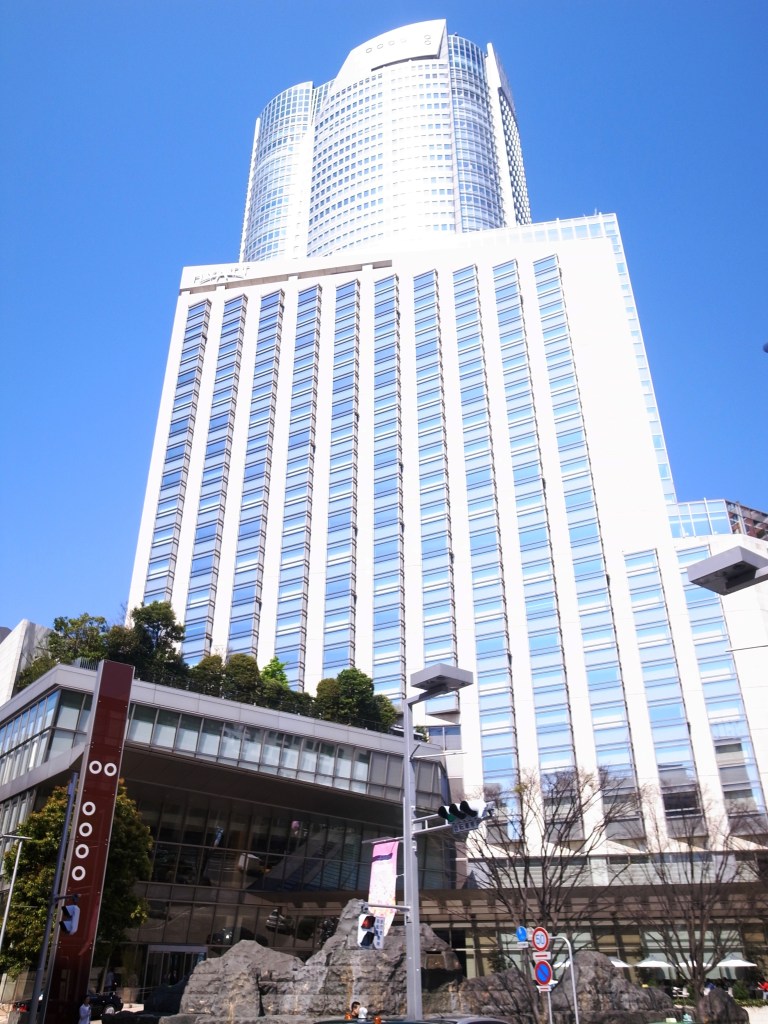
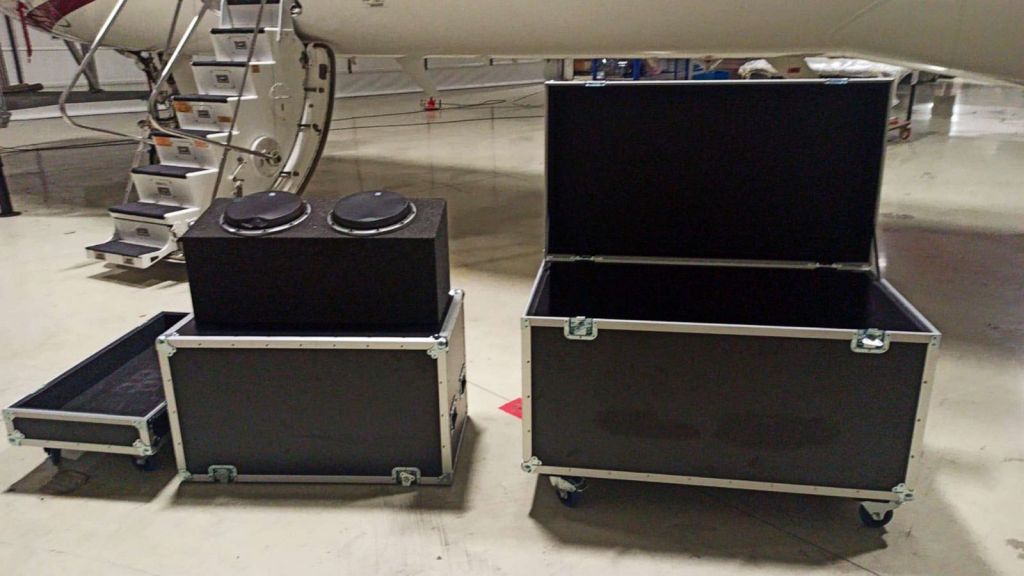
Getting Ghosn out of his surveilled home presented another problem. Cannily, Ghosn discovered that when media came around to check out his situation, minders disappeared for a few days. Prior to taking leave, he planned on calling in the media.
This was conveyed to Taylor via an untraceable burner phone purchased on the black market. Fearing that his home was bugged, Ghosn conversed in the bathroom, with a shower running and a radio blasting.
On December 29, 2019, Taylor landed in Osaka, on a flight from the US. He had custom-made musical-instrument boxes in tow.
As anticipated, the boxes were inspected on the way in. He checked into an Osaka hotel before proceeding to the Grand Hyatt in Tokyo, a sister property of the hotel where “Lost in Translation” was filmed.
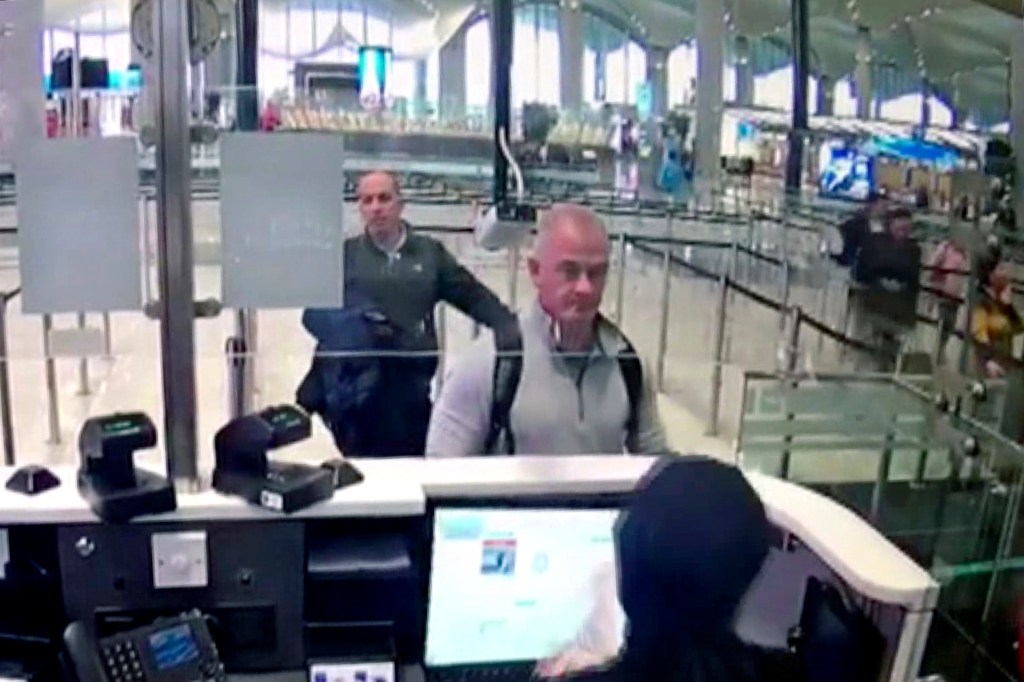
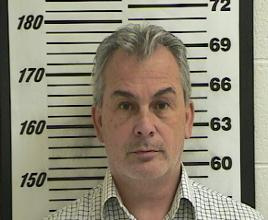
With journalists having unwittingly cleared the coast, Ghosn slipped out of his house unnoticed. He met Taylor in room 933 at the Hyatt. Soon after, with Ghosn wearing a mask — common in Japan even before Covid — sunglasses and hat, the two men took a train to Osaka.
In the hotel room there, he was loaded into a large box, 48 inches by 30 inches by 24 inches, with air-holes drilled into the bottom. “This was no different from a military operation,” Taylor said in the doc. “We needed to be in and out of Japan in one day.”
Aided by Taylor’s son, Peter, Ghosn was transported to Osaka’s private airport. To make things look good, Mike Taylor placed a guitar on top of the case with Ghosn in it.
While the Taylors and Ghosn sweated over the escape, officials cracked jokes. “You must have a very pretty woman in this box that you are taking out of Japan,” one of them said to Mike.
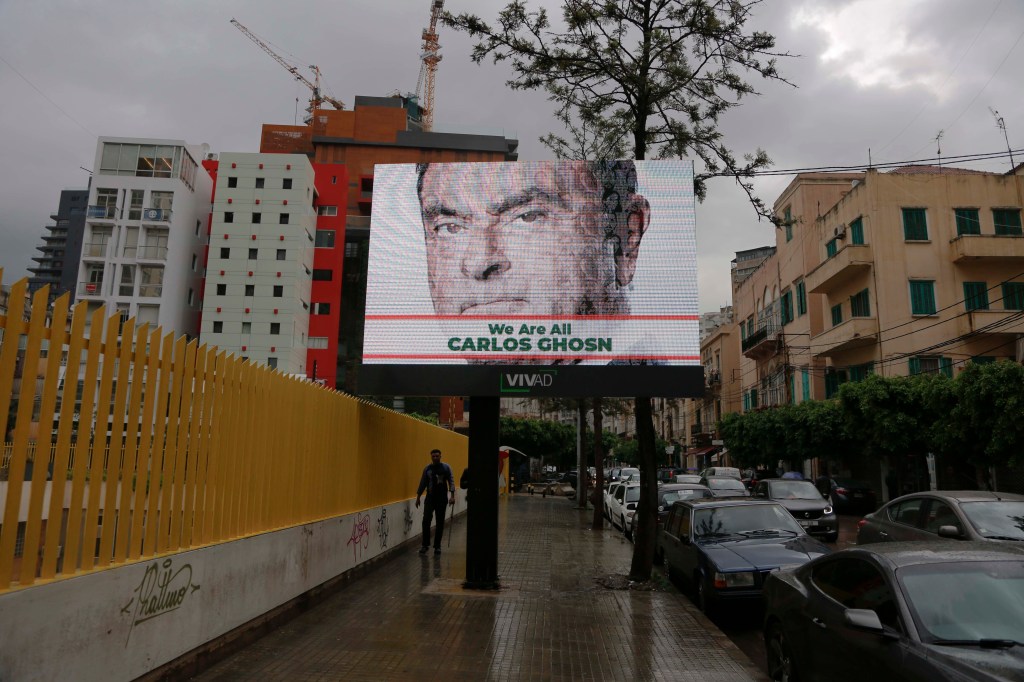
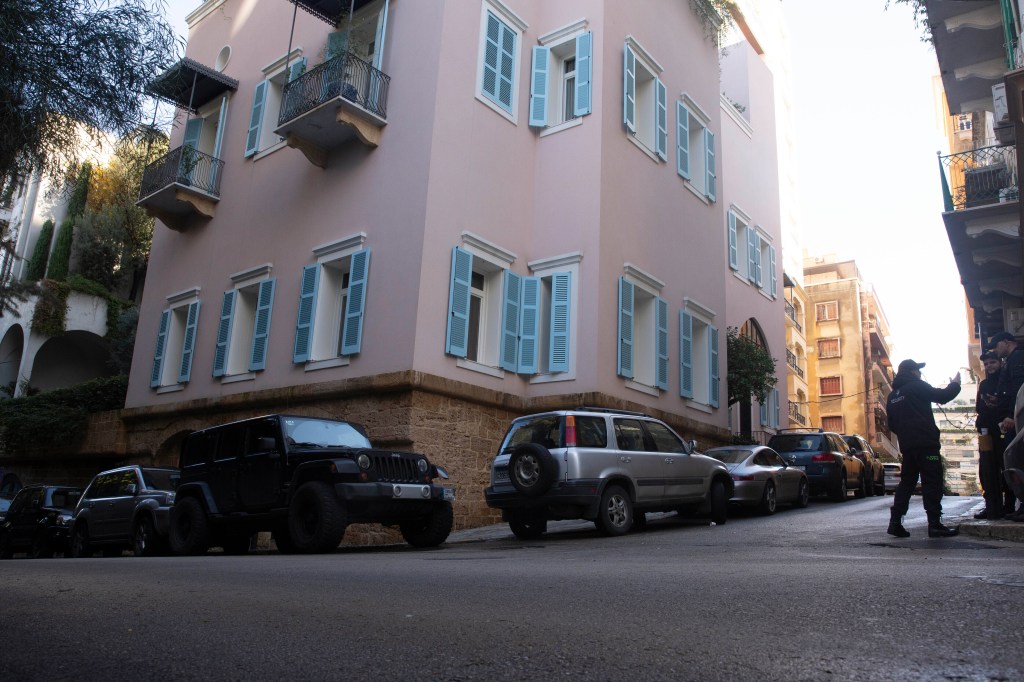
Following a nerve wracking delay, the plane taxied and wheels went up. “I got him out of the case,” Mike Taylor said. “He smiled from ear to ear.”
Ghosn is reported to have told Mike, “You saved my life.”
What Ghosn described as “mission impossible” became mission accomplished, as he was delivered to his native Lebanon, where his recognizability exceeded that in Japan. One big difference: Lebanon had no extradition policy.
Before long, though, word got out that Ghosn was there. He held a press conference and declared, “I did not escape justice. I escaped injustice.”
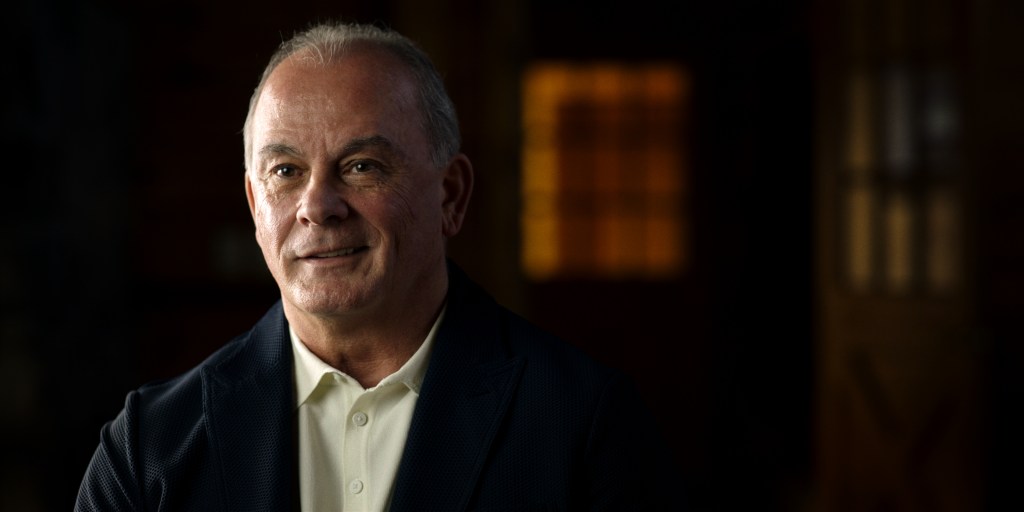
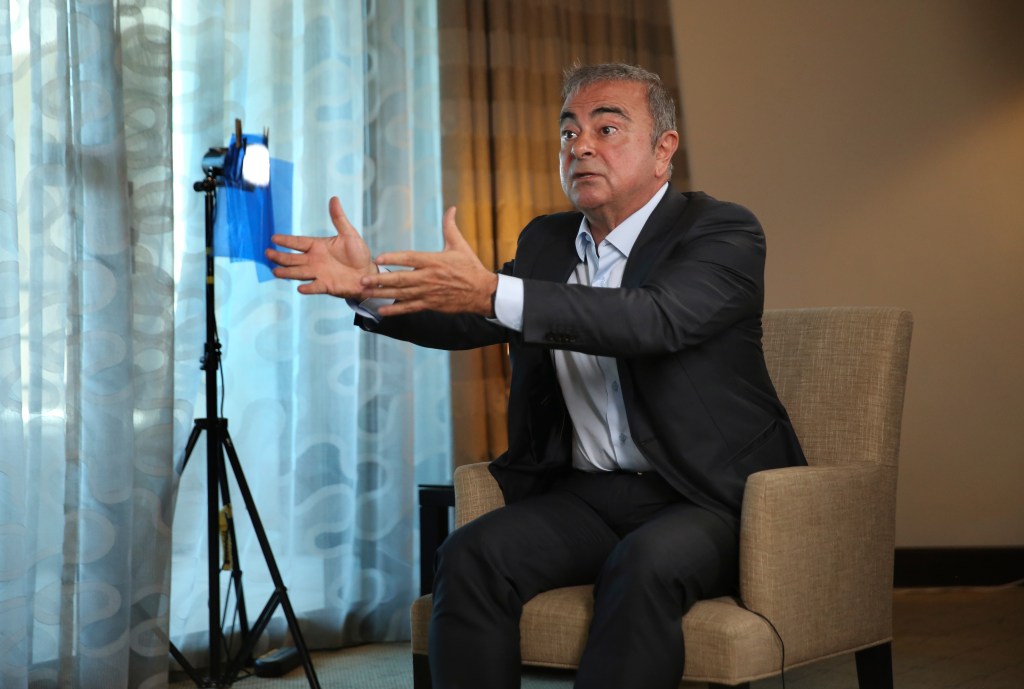
Ghosn had no intention of leaving Lebanon. The Taylors, though, returned to America and, to their surprise, got extradited to Japan. Punishment there – for assisting in the escape – was swift and severe.
Mike and Peter entered guilty pleas, receiving two years and 20 months, respectively. “I heard nothing from Carlos the entire time we were in jail; if someone saved my life, I’d be doing everything I can to help [him],” said Mike in the doc.
“I spent 17 months in solitary confinement. You do not have shoes, you get frostbite, you are not allowed to exercise. My work [while in jail] was to tear little pieces of paper. It gave me blood blisters. It was a psychological game.”
Asked in the documentary to comment on the Taylors’ predicament, Ghosn said, “We knew from the beginning what are the risks involved in an operation like this.”
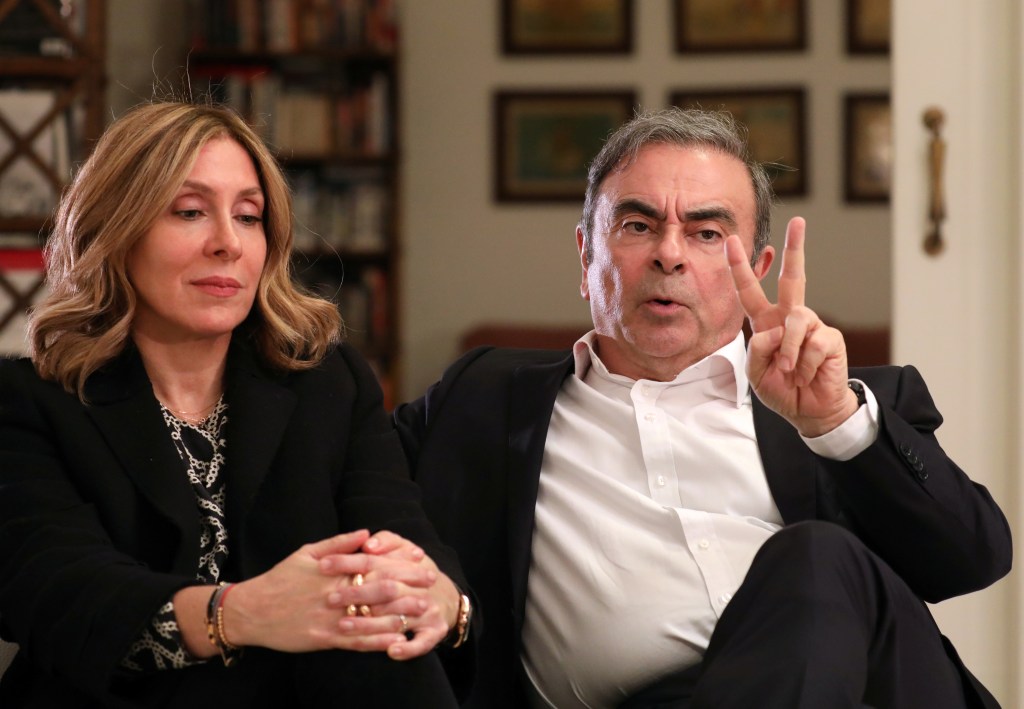
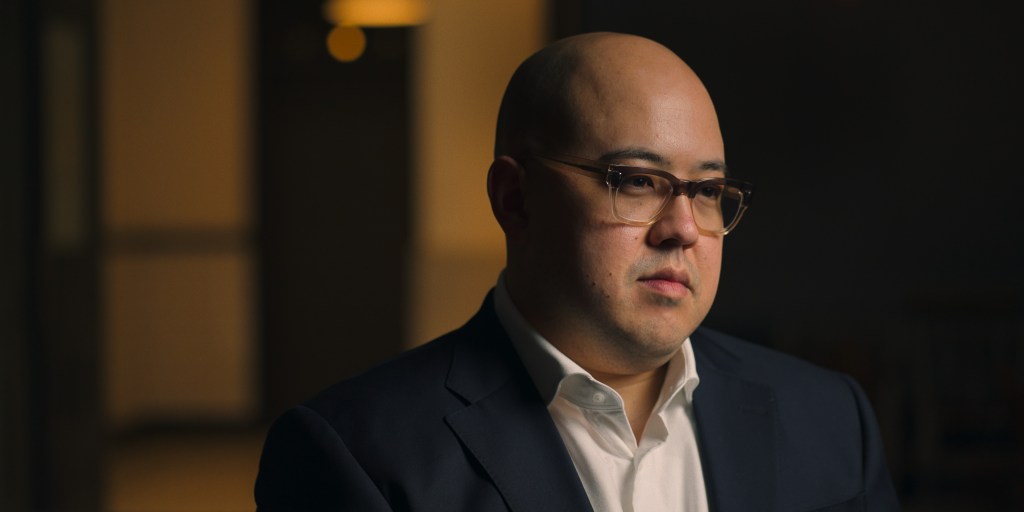
In the documentary, Mike Taylor claims to be out “well over $1 million in legal fees owed … big numbers,” never mind maintaining to have not been compensated for masterminding the operation.
“A person’s ungrateful that you saved his life,” Taylor said. “What can you do about that?”
Taylor even reach reached out to the wife of Ghosn: “I sent a text, saying, ‘What’s up with your husband? How come he ain’t paying?’ No response…”
From the perspective of Ghosn, “If there is a victim into the whole story, it is me.”
Asked if his “story with Carlos is over,” Taylor cryptically replied, “No. It is far from over.”
Intimating as to where it will all go, Taylor said, “I’m a great friend. I’m a real loyal friend. But I’m a great enemy too.”
Read the full article Here


